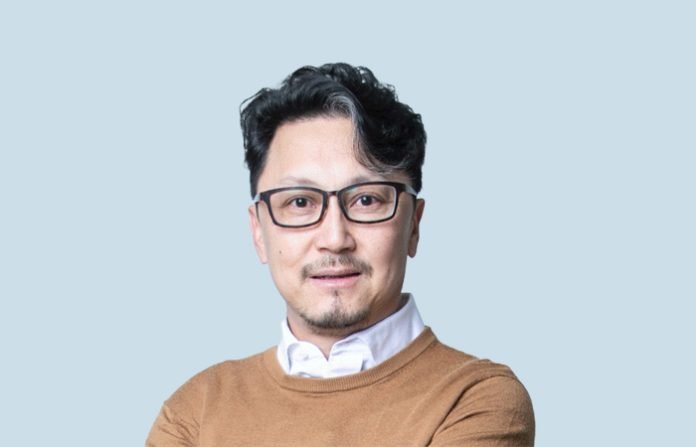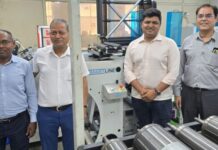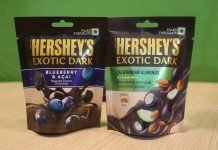Veolia Group, a France-headquartered environmental services company with divisions in water, waste and energy management, aspires to be at the forefront of ecological transformation. The company aims to offer sustainable alternatives to virgin plastics and minimize environmental impact through its PlastiLoop offering, which focuses on generating and providing high-quality recycled plastics to various industries.

Through three complementary activities and the GreenUp program, Veolia works to enhance resource regeneration, pollution treatment, and decarbonization. PlastiLoop supplies a range of recycled plastic resins, including polypropylene (PP), polyethylene (PE), polystyrene (PS), and polyethylene terephthalate (PET). These can be utilized in various sectors such as packaging, automotive, building and construction, textiles, household appliances, industrial and logistics, and agriculture.
Jeffrey Yau, commercial director Asia, plastic recycling, Veolia, told Packaging South Asia, “At PlastiLoop, we utilize various advanced technologies for plastic recycling, including both mechanical and chemical processes. We select the appropriate technology based on the type of plastic recycled and our customers’ demands. Our mechanical recycling facilities feature sorting equipment, including near-infrared spectroscopy and artificial intelligence-powered robots, which efficiently separate different types of plastics.”

Yau adds, “For more complex materials, such as artificial marble, we employ innovative chemical recycling techniques such as pyrolysis, which breaks down plastics into their basic chemical components. These technologies enable us to recycle a broader range of plastics and produce higher-quality recycled materials for various industries.”
Multilayer plastics (MLPs), Yau says, pose considerable recycling challenges due to their complex structure. “A common example is the inclusion of a layer of nylon (polyamide) sandwiched between two layers of PET. This combination can lead to an unappealing yellowish tint in the final product, which is often not favored by customers. To tackle this issue, we employ advanced technology in conjunction with manual sorting techniques to enhance the separation process.”
PlastiLoop recycles plastics based on the type of plastic it intends to produce. The company’s goal is to achieve a closed-loop recycling system. For example, recycled plastics used for food-grade packaging are made from 100% food-grade materials, while those for the automotive industry can be sourced from both automotive waste and household plastics.

On environment-friendly practices, Yau says, “We also focus on sourcing feedstock locally from both formal and informal sectors. This helps reduce carbon emissions associated with logistics and transportation, contributing to decarbonization. It aids in cleaning domestic communities by decreasing local waste. The principle of the circular economy supports the practice of local sourcing, as it creates job opportunities and promotes social improvement within communities. Furthermore, it fosters sustainable development in the regions surrounding our plants.”
By sourcing locally, PlastiLoop maintains rigorous traceability standards and ensures a consistent feedstock quality to meet its clients’ needs. Veolia is active in plastic recycling shows across Europe.
Asia’s inaugural Plastics Recycling Show provided an opportunity for the company to introduce PlastiLoop and highlight its capabilities in the circular polymers market. The event helped emphasize how it can support global brand owners in their Asia operations.










